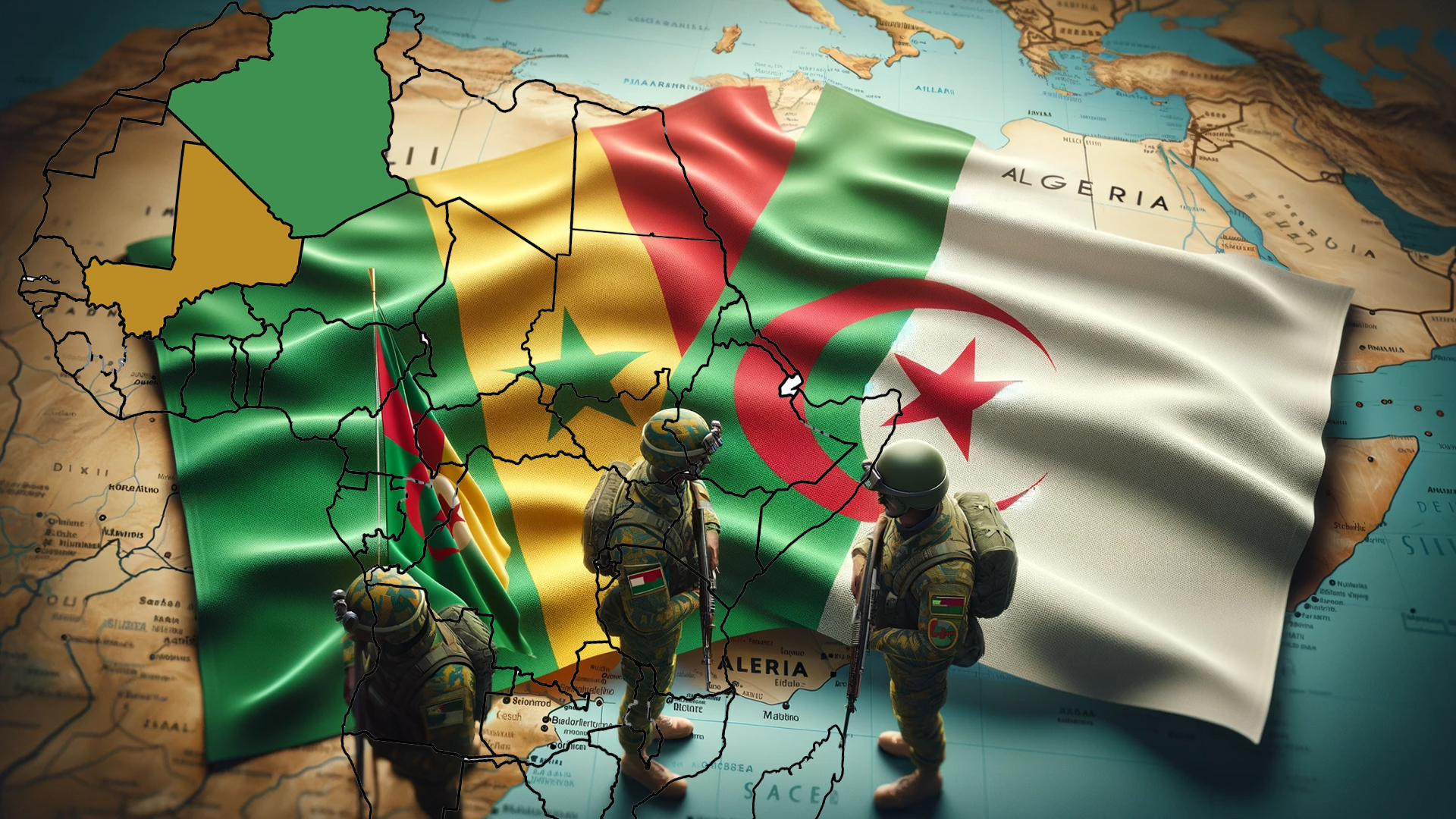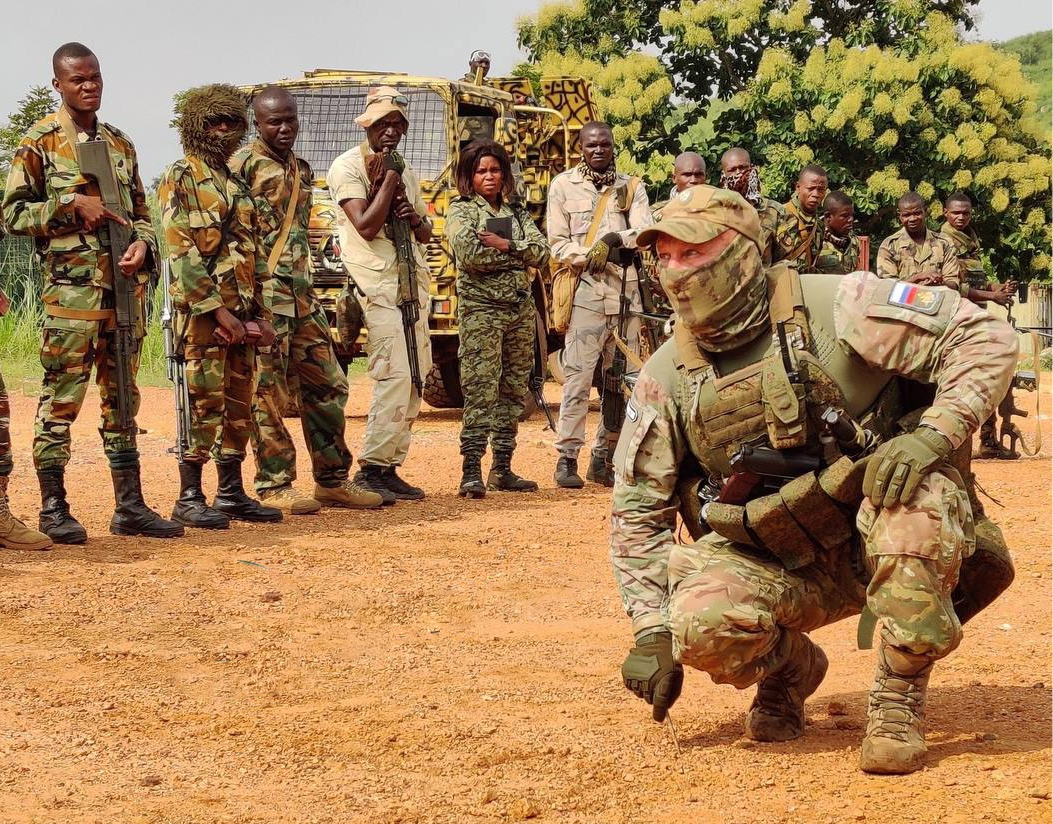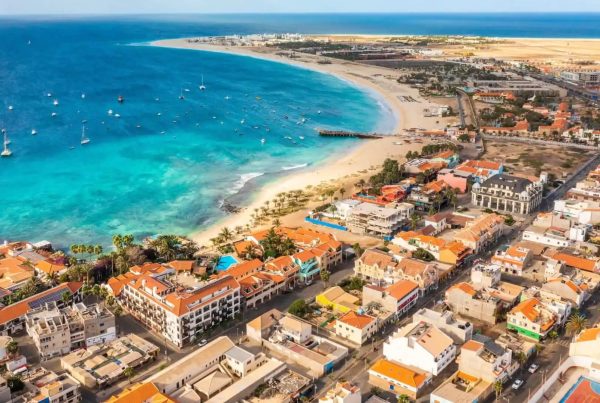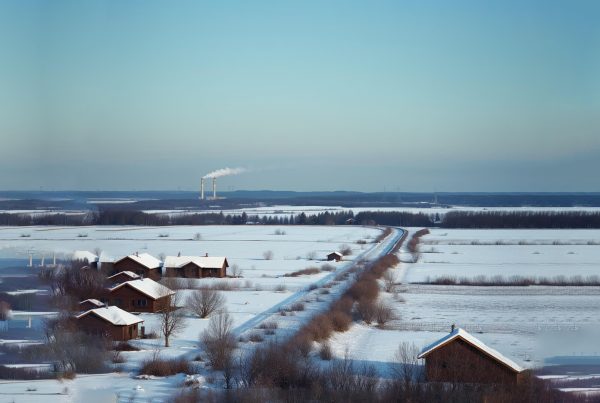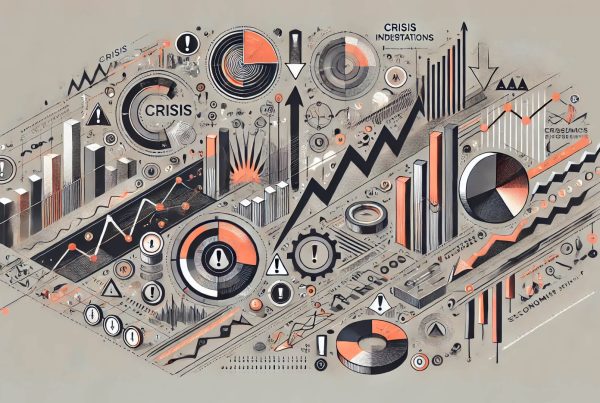The geopolitical dynamics between Algeria and Mali, two nations intertwined by geography and history, have long been characterized by deep-seated disputes and mutual suspicions. As these two countries navigate their fraught relationship, the reverberations are felt not only within their borders but also across the broader Sahel region and beyond. This intricate web of interests, alliances, and conflicts holds significant financial implications for both nations and their international partners.
Historical Context: A Fractious Relationship
The historical context of the Algeria-Mali relationship is crucial to understanding the current tensions. Algeria has traditionally viewed northern Mali as an extension of its own Saharan territory, considering it a region of strategic importance. This perspective has led Algeria to intervene repeatedly in Mali’s internal conflicts, particularly those involving the Tuareg, a nomadic people spread across the Sahel and Sahara.
Algeria’s involvement in the Tuareg conflicts is driven by its desire to prevent the spread of instability to its own Tuareg population. The fear of a contagion effect has made Algiers a key mediator in Mali’s internal disputes. The 2015 Algiers Agreement, which aimed to bring peace between the Malian government and Tuareg separatist groups, underscores Algeria’s role as a regional powerbroker.
Conversely, the Malian junta views the Algiers Agreement with suspicion, seeing it as overly favorable to the Tuareg separatists. This divergence in perspectives has been a source of friction, complicating efforts to achieve lasting peace in the region.
Current Dynamics: The Wagner Factor
The situation took a dramatic turn with the involvement of the Russian private military company, Wagner Group. The Malian Armed Forces (FAMA), bolstered by Wagner’s support, have made significant advances in reclaiming northern territories, including Kidal, the symbolic heartland of the Tuareg. This development has shifted the balance of power, unsettling Algeria.
Algeria finds itself in a delicate position. On one hand, it has long supported the status quo in northern Mali, preferring a degree of autonomy for the Tuareg without full independence, which could inspire similar movements among its own Tuareg population. On the other hand, its traditional ally, Russia, is now deeply involved in supporting the Malian junta, creating a complex web of conflicting interests.
Geopolitical Maneuvering: Algeria’s Diplomatic Shifts
In response to these evolving dynamics, Algeria has sought to diversify its diplomatic and security partnerships. Notably, it is attempting to strengthen ties with France, a former colonial power with deep interests in the region. This rapprochement with Paris is driven by Algeria’s need to balance Russia’s growing influence in Mali and to secure its own strategic interests.
Algeria’s pivot towards France is not without risks. France’s role in the Sahel has been contentious, marked by a military intervention against Islamist militants and a mixed record in terms of achieving stability. Algeria must navigate these complexities carefully to avoid alienating its traditional allies while securing the support it needs to maintain influence in the region.

Economic Interdependencies and Trade
The economic interdependencies between Algeria and Mali are another critical dimension of their relationship. Both countries are significant players in the energy sector, with Algeria being a major producer of oil and gas and Mali rich in mineral resources. Trade between the two nations, while not extensive, is vital for certain regions, particularly in the border areas where informal cross-border trade thrives.
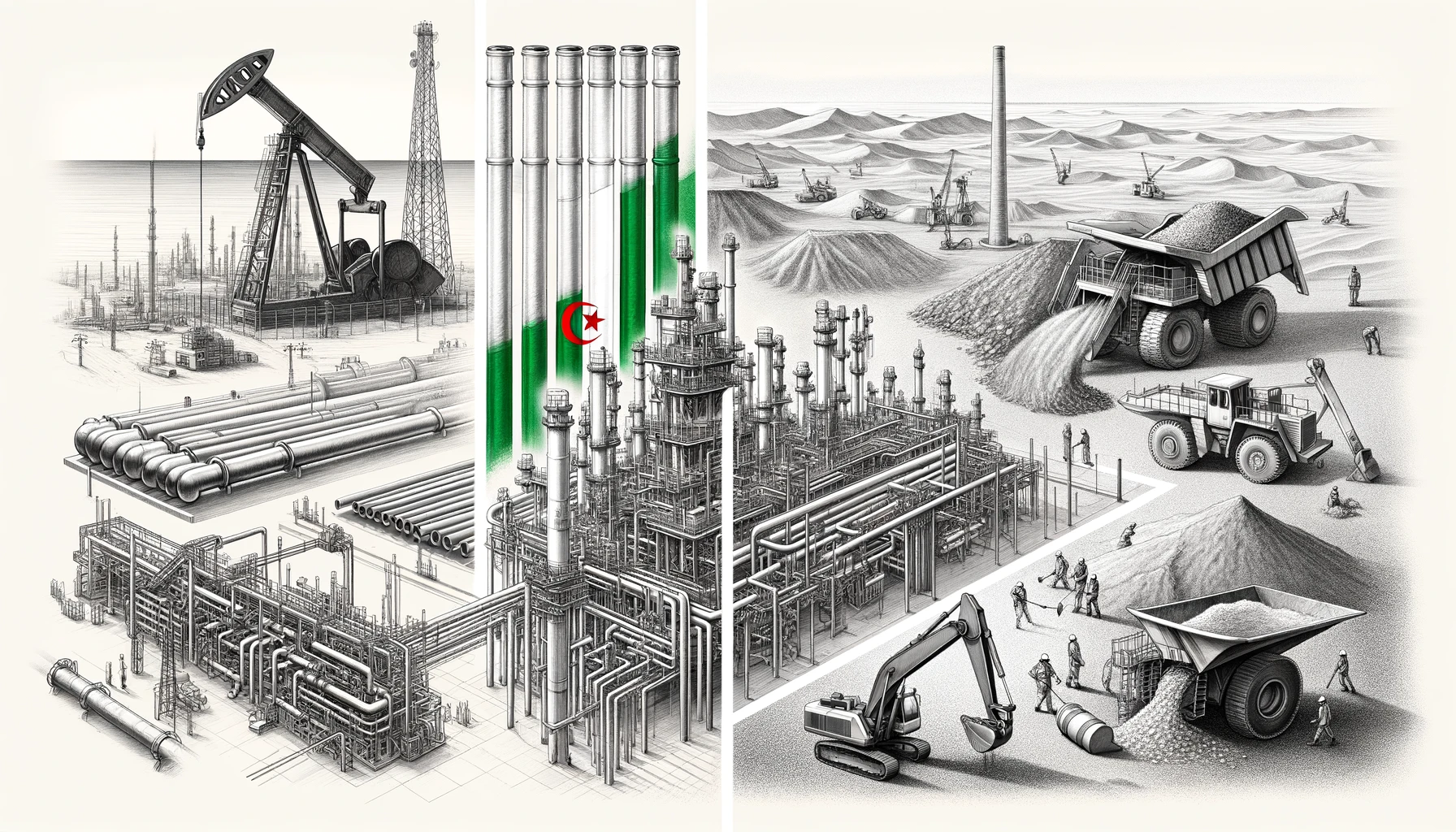
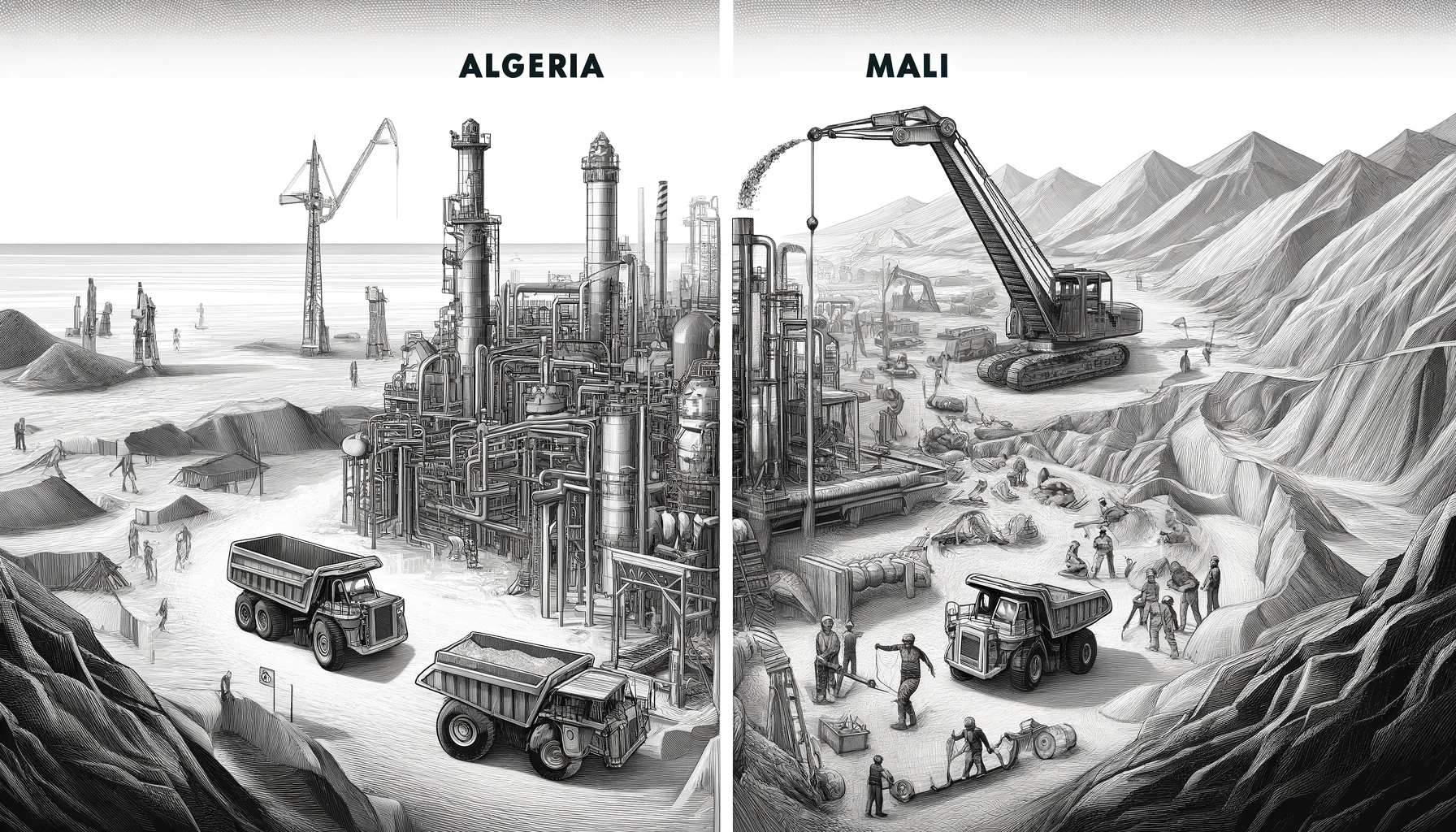
Algeria’s economy, heavily reliant on hydrocarbon exports, faces challenges due to fluctuating global oil prices and the need to diversify its economic base. The instability in Mali and the broader Sahel region poses a threat to Algeria’s economic interests, particularly if it disrupts trade routes or creates additional security costs.
The Financial Implications: A Complex Forecast
The financial implications of the Algeria-Mali relationship are multifaceted, involving direct economic costs, investment risks, and broader regional impacts.
The Role of International Partners
International partners, including the European Union, the United States, and regional organizations such as the African Union, have a vested interest in the stability of the Sahel region. Algeria’s diplomatic shifts and the evolving dynamics in Mali will influence the strategies and investments of these partners.
For instance, the European Union has invested heavily in development and security initiatives in the Sahel. Algeria’s rapprochement with France could lead to more coordinated efforts between Algiers and Paris, potentially enhancing the effectiveness of EU initiatives. However, it also introduces complexities, as Algeria balances its relationships with multiple global powers
Navigating a Complex Landscape
The Algeria-Mali relationship is a microcosm of the broader challenges facing the Sahel region. It is a landscape characterized by deep historical grievances, complex alliances, and shifting power dynamics. For Algeria, maintaining its influence while navigating the competing interests of Russia, France, and other international partners is a delicate balancing act.
The financial implications are significant, encompassing security costs, investment risks, trade disruptions, and broader regional impacts. As Algeria seeks to secure its strategic interests and promote stability in the Sahel, it must carefully manage these economic challenges.
In the coming years, the ability of Algeria and Mali to navigate their fraught relationship will have profound implications for the stability and prosperity of the region. For policymakers and investors alike, understanding the intricacies of this relationship and its financial ramifications is crucial to making informed decisions in an increasingly complex and interconnected world.


